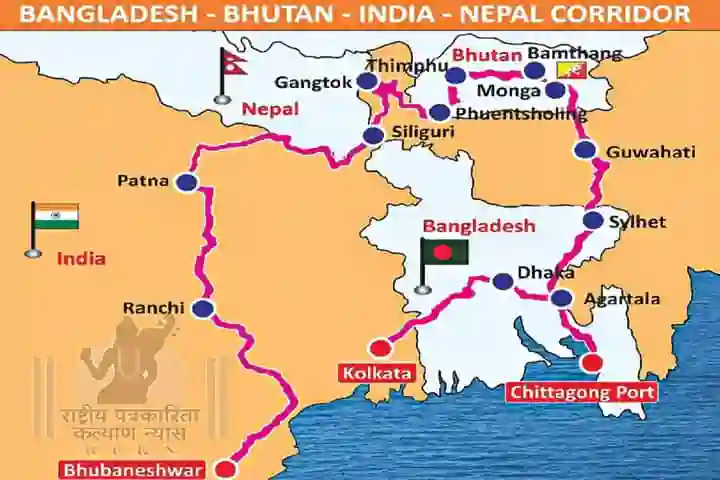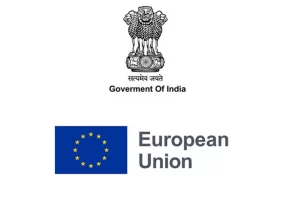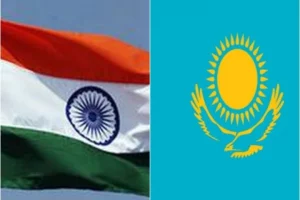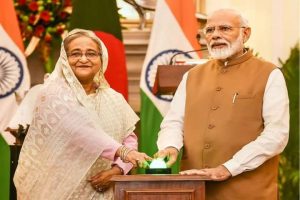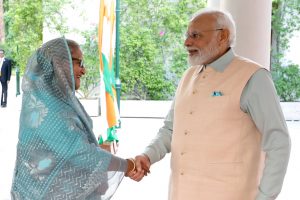India, Bangladesh and Nepal will hold high level talks on the early implementation of the much-awaited Bangladesh-Bhutan-India Nepal (BBIN) Motor Vehicles Agreement (MVA). Talks are slated to take place on Friday. If implemented this would significantly boost post Covid economic recovery in the South Asian region.
Representatives from Bhutan, which has opted out, may not be present, sources said. Though Bhutan will not directly participate in the pact, Thimpu has agreed to facilitate the passage of the same.
The implementation of the BBIN MVA will not only boost connectivity, trade and economic cooperation, it will encourage people-to-people contact as well through regional cross-border road transport.
Also read: Time to address local fears and concerns to connect the Bay of Bengal community
“The implementation of the BBIN MVA will help make our post-Covid economic recovery more resilient. While some apprehensions are there, there are provisions in the agreement to address them effectively,” Bipul Chatterjee, Executive Director, CUTS International told India Narrative.
Currently, trade among the BBIN countries is just 6-7 per cent of the total trade though the potential is “much higher.”
The project will also be critical for India at a time when China is expanding its military and economic might through the multi-billion infrastructure project under the Belt and Road Initiative.Last month, Bangladesh’s foreign minister had also raised the issue of BBIN MVA implementation with former Nepalese Ambassador to Dhaka Banshidhar Mishra.
“The Covid 19 pandemic has provided the region a common thread to fast track these initiatives that boost connectivity and economic co-operation. BBIN will play a major part and this will be crucial as the South Asian countries prepare for a post Covid world,” Nazneen Ahmed, Senior Research Fellow, Bangladesh Institute of Development Studies (BIDS) said earlier. Ahmed said that the people to people along with trade will be a connecting force in the region.
Nepal and Bhutan, the two landlocked countries in the region, are dependent on India and Bangladesh for port access.
The MVA is aimed at facilitating seamless movement of the trucks with less regulatory and paperwork from the agreed border crossings. Though the customs and tariffs would be decided by the individual countries, the aim is to make the transport facility seamless and efficient, which in turn would boost trade.
Also read: South Asia's BBIN connectivity project will be key to counter China's BRI influence–Report
A World Bank report published in March said that seamless transport connectivity between India and Bangladesh has the potential to increase national income by as much as 17 per cent in Bangladesh and 8 per cent in India.
“The eastern sub-region is poised to become an economic growth pole for South Asia. An important component of this development potential is for countries to invest in connectivity – rail, inland waterways, and roads,” Junaid Ahmad, World Bank Country Director in India said in a statement.






